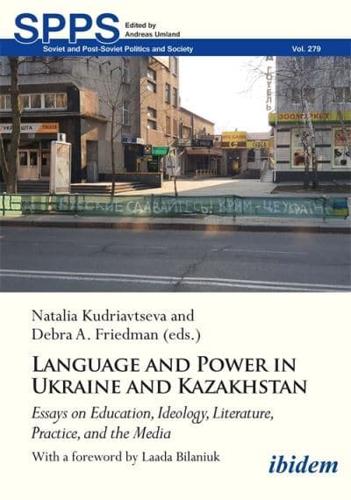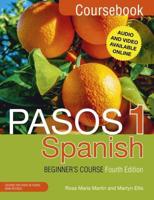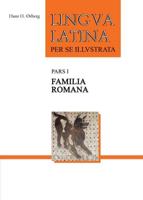Publisher's Synopsis
This is the first such collection of essays presenting a critical multi-author examination of language and power relations in Ukraine and Kazakhstan. The post-Soviet period in Ukraine and Kazakhstan has been characterized not only by changes in the economic marketplace in the transition from communism to capitalism, but also in the linguistic marketplace. During the Soviet period, Russian was the primary language of schooling, media, and government administration in both countries, leading to widespread language shift away from their titular languages, especially among the educated urban elites. Since independence, Ukrainian and Kazakh, which occupied relatively peripheral positions in the Soviet-era marketplace, have been elevated to the status of national languages and institutionalized in government and schools, thus increasing their symbolic power. Nevertheless, the years since independence have also seen contentious debates around language.Employing various methodological tools ranging from surveys to critical discourse analysis of legislation, literary texts and social media products, the authors in this volume seek to demonstrate and explain how political relations and hegemonic ideologies have been reproduced and negotiated at both the macro-level in legislation on language and state-sponsored media channels and embodiments of political and linguistic ideologies in translations, as well as at the micro-level of everyday language practices, school choice, and discourses on social media platforms. Among the authors are Elise S. Ahn, Igor Danylenko, Bridget Goodman, Lada Kolomiyets, Natalia Kudriavtseva, Svitlana Melnyk, Juldyz Smagulova, Yuliia Soroka, and Maryna Vardanian.












